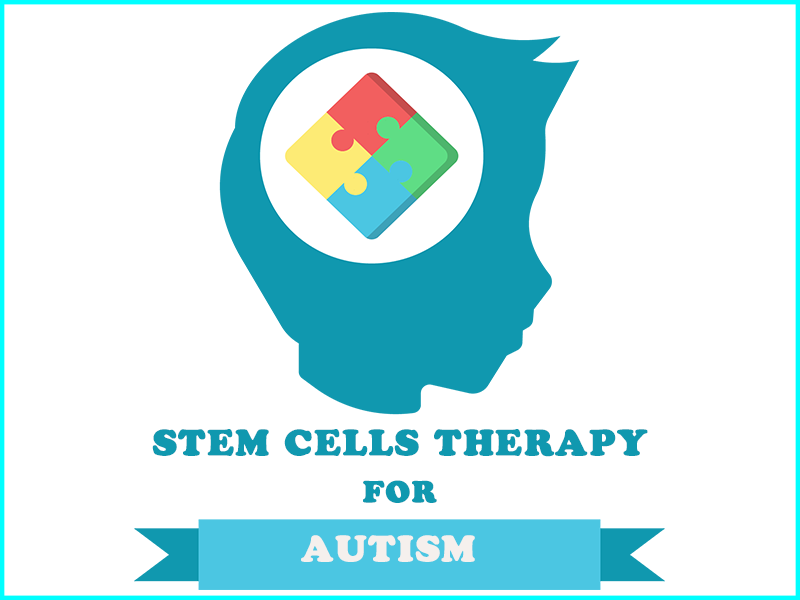

Riordan, the founder of the Panama Stem Cell Institute, during the annual meeting of the Perinatal Stem Cell Society in March 2019. Verter, had the opportunity to interview Dr. The founder of Parent’s Guide to Cord Blood Foundation, Dr. Questions can be directed to Guide to Cord Blood Foundation interview with Dr. The Foundation's Terms of Use is expressly incorporated herein. The Foundation is not liable for any damages of any kind, nature or description (whether direct, consequential or punitive) arising out of or relating to information referenced in the Newsletter, or related in any way to the user's access to the Newsletter. Access to and use of all Newsletter information is at the user's own risk. The Foundation reserves the right at any time to remove materials and information from the Newsletter without communication with the author or organization. The Foundation is not responsible for the accuracy and completeness of information provided by guest authors, outside sources, or on websites linked to the Newsletter.

The ability of stem cells to repair and replace damaged cells holds significant promise for those who have conditions on the autism spectrum.The materials and information included in this electronic newsletter (Newsletter), including advertisements, are provided as a service to you and do not reflect endorsement by the Parent's Guide to Cord Blood Foundation (the "Foundation"). * Facilitated communication Stem Cell Therapy for AutismĪ number of researchers are exploring the potential uses of stem cells as a treatment for autism based on a number of different theories of the origin of autism. * Elimination of milk, gluten and artificial ingredients from the diet * Nutritional supplements, such as vitamin B6 and magnesium There are numerous alternative treatments for autism, though many of them lack any kind of scientific trials or evidence that they are effective. Most dietary treatment for autism focuses on avoiding artificial preservatives, colors and ingredients. In addition to maintaining a routine, many people find that following a specific diet also helps their child’s symptoms. Children with disorders on the autism spectrum cope best when they can count on a regular routine. Parent support groups are invaluable as adjuncts to treatment for autism. Lifestyle and Home RemediesĬhildren with autism often require specialized routines to help them maintain their emotional balance. Most treatment plans for children with autism will include speech, occupational and physical therapy to help the child process sensory information and respond to it more appropriately. They include a number of well-known behavior teaching systems, including Applied Behavioral Analysis and sensory integration. The most common types of treatment for autism are behavioral training and behavioral management therapies.

There is no surgical treatment for autism. Since many children with autism develop seizure disorders, they may also take medication to help control seizures. A doctor may prescribe medication to treat depression, anxiety, obsessive-compulsive disorders or hyperactivity. Drug Treatmentĭrugs are not typically used as treatment for autism, but may be prescribed to treat related conditions or problem behaviors. Secondary goals of most types of treatment of autism include helping parents and families, and improving communication, social, behavioral and adaptive skills for the child. The main goal of treatment for autism is to improve the ability of the child to function.


 0 kommentar(er)
0 kommentar(er)
